|
With St. Patrick’s Day almost upon us, Irish Whiskey articles, ads, and IG posts are abundant. However, I am choosing another whiskey path that leads to the birth of whiskey, bourbon, and moonshine in America. Here are a few interesting facts from an article I published a few years ago. “It was 1620 at the Berkeley Plantation in Charles City, Virginia, where colonist George Thorpe is credited with distilling America’s first batch of corn-made whiskey. It was the prelude to corn-made moonshine and bourbon. One might think that it all began in Kentucky, but Bourbon County, Kentucky, was part of Virginia until the late 1700s!" “Also, in the late 1700s, a Baptist preacher named Elijah Craig, who lived in Orange County, Virginia, is sometimes credited for being the first to age whiskey in charred oak casks, thus creating bourbon. And let’s not forget George Washington, who began commercial distilling in 1797 at his Mount Vernon property in Virginia. It was the largest whiskey distillery in the country during that time. Most of his whiskey was a blend of 60% rye, 35% corn, and 5% malted barley. After a fire in 1814 destroyed the building, Washington’s distillery was eventually reconstructed in 2007, and it now produces small batches of whiskey each year.” Today, over 70 licensed distilleries are located throughout Virginia, from south to north and east to west. Interestingly, more craft distilleries are here than in Kentucky and Tennessee combined. And the variety of whiskey being produced in Virginia is impressive. In addition to whiskey, bourbon, and moonshine, many distilleries make gin, rum, vodka, brandy, aquavit, pastis, absinthe, and flavored liqueurs. Most of these distillers use only locally sourced ingredients to ensure a quality product and work with and support the community and local farmers. And it is awe-inspiring, but not surprising, how many of these distilleries opened up their hearts and turned their businesses into the manufacturing of hand sanitizers during the Covid pandemic. Switching production from spirits to making hand sanitizers provided front-line healthcare workers, first responders, hospitals, and their communities with this much-needed product. Let’s talk about whiskey. Whiskeys are oak-aged spirits usually made from rye, barley, wheat, and corn. Whiskey production can vary depending on the distiller, style made, and country of origin. However, the process, which can include malting, mashing, fermentation, and distillation, is basically the same. First, grains are converted from starch to sugar, then fermentation begins, followed by distillation, and finally, maturation takes place. This is a general guideline for types of whiskey: To be labeled “Scotch Whisky,” it must be distilled and aged in oak casks in Scotland for a minimum of three years. Irish Whiskey, as a rule, is made from a combination of malted and un-malted barley, and other grains. Pot stills and/or column stills are used for distillation. Malt Whiskey is made with only malted barley, and distillation must take place in copper pots. In North America, whiskey can be produced anywhere, but there are strict rules for Kentucky and Tennessee. Bourbon is a whiskey that is made with a mixture of grains. By law, it must contain at least 51% corn. Although bourbon is produced throughout the USA, the majority of it is made and aged in Kentucky. Tennessee Whiskey can only be produced in Tennessee. It, too, like bourbon, must contain at least 51% corn. What sets this whiskey apart from Bourbon is that Tennessee whiskey must be filtered through sugar maple charcoal before oak aging, making it a smoother and sweeter whiskey. Moonshine is also called white whiskey, white lightning, and mountain dew. It is a high-proof liquor usually made with sugar and corn and is not aged. It is illegal to produce moonshine if one doesn’t have the proper permits and government permission. Several years ago, while on a press trip to Virginia, I tasted over 100 styles of whiskey, bourbon, and moonshine! Here are four whiskeys to tease your palate. Catoctin Creek Roundstone Rye Single Barrel Whisky This pre-Prohibition style rye whisky is made from organic 100% rye grain, sourced locally when available. It is aged in new Minnesota white oak casks for just under two years. The color borders on dark amber with aromas of rye, caramel, red fruit, and a hint of baking spice. This whiskey is smooth, with caramel, spice, and a woody taste that comes through on the palate. Vanilla and spice linger on the finish. Alcohol: 40% (80 Proof) SRP: $44.99 (750 ML) 200 ML shown in photo Bare Knuckle Straight Bourbon Whiskey It is made with 70% corn, 20% wheat, and 10% malted barley, all sourced from local Virginia farms. It is double distilled and aged 24 months in charred new American White Oak barrels from Kentucky. The color is between amber and copper with sweet corn, caramel, and savory smoke aromas. This whiskey packs some heat, but the sweet corn, nutmeg, toffee, spice, and oak notes soften the edges. The finish is long and enjoyable. Alcohol: 45% (90 Proof) SRP: $45 John J. Bowman Single Barrel Virginia Straight Bourbon Whiskey A. Smith Bowman is the oldest operating distillery in Virginia. The names on each bottle of whiskey pay homage to a relative. This bottle is named after Colonel Bowman, the first military commander and governor of Kentucky County. It is triple distilled and aged ten years in new charred oak. No mash bill was given. (mash bill is the mix of grains used) Amber in color, the nose offers vanilla, sweet apple, and berries. The palate provides toffee, figs, and a nice amount of heat, with a long finish of vanilla, almonds, sweet corn, and oak lingering. Alcohol: 50% (100 proof) SRP: $65 Prelude: Courage & Conviction American Single Malt Whisky This is Virginia Distillery Co.’s flagship spirit. They use the highest quality malted barley and fresh spring water from the Blue Ridge Mountains. Hand-hammered copper pot stills crafted in Scotland are used to distill this 100% malted barley spirit using time-honored techniques and then aged in sherry, cuvée, and bourbon casks for 3.5 years. Aromas of sweet apple, toffee, raisins, berries, floral, and vanilla emanate from this copper-colored whiskey and segue onto the palate. Gentle heat, oak, dark berries, honey, a touch of sherry, and light spice linger on the finish. Alcohol: 46% (92 Proof) SRP: $78 These are great sipping whiskies, or try mixing in a favorite whiskey cocktail. And if you’re tempted, there is always this 90-proof moonshine from Belmont Farm Distillery or this 100-proof 1st Sugar moonshine from Twin Creeks! But, of course, you might have to go to Virginia to taste the moonshine! Whatever you choose to sip on St. Patrick's Day, be smart, be safe, and stay hydrated with water! Until next time…
Cheers! Penina To leave a comment or if you have an inquiry, please contact me at [email protected] In September of 2019, I embarked on a whirlwind tour of distilleries located throughout the state of Virginia. I met with 25 distillers and toured numerous distilleries. My big take away from this trip (aside from the amazing spirits) was the overall emphasis on community spirit and a palpable non-competitive support system between the distillers. They all share the same goal and passion for the industry and are dedicated to working hard to promote Virginia Spirits. It is quite awe-inspiring! What is also awe-inspiring, but not surprising is how many of these distilleries have opened up their hearts and turned their businesses into the manufacturing of hand sanitizers. If anyone had asked me several months ago if I would be interested in covering a story about distilleries making hand sanitizers, I would have laughed. But here we are today in the middle of a pandemic of epic proportions and it is no laughing matter. Hundreds of distillers across America are switching production from spirits to making hand sanitizer and providing front-line healthcare workers, first responders, hospitals and their communities with a much-needed product during the COVID-19 pandemic. With column stills and other necessary equipment already in place, the transition is easier, even though necessary adjustments need to be made to comply with FDA and WHO. According to federal and WHO guidelines, the recipe for hand sanitizer calls for 80% ethanol (which is highly flammable), water, hydrogen peroxide and glycerol. Fortunately, distillers are prepared and used to working with high-grade alcohol of which there are strict regulations that need to be followed. The Alcohol and Tobacco Tax and Trade Bureau that oversees the spirits industry amended parts of the law on March 18th waiving the requirements that distilleries must obtain permits to produce hand sanitizer. This has made it easier for more distilleries to begin production. Here are some thoughts shared by two distilleries in Virginia who are now making hand sanitizer. Vitae Spirits This is a family-owned crafts distillery located in Charlottesville, VA. The distillery was founded by Ian Glomski, Ph.D., former Professor of Microbiology at the University of Virginia School of Medicine. His specialty is infectious diseases. Vitae translated means “of life”. The distillery’s main focus is rum, but they also produce gin. And I can attest to the quality of the many delicious varieties of rum that I sampled with Ian. Today the copper stills are being put to another use. Ian said, “At some level, it hurts me to turn our tasty rum and gin into sanitizer, but in times like this it's the right thing to do. We focus our hand sanitizer delivery to non-profit and front line organizations that are directly fighting the pandemic at a number of different levels, i.e. health care providers/food services, etc. We also reserve a small portion for our customers as a thank you for their patronage. I look forward to the day we are laughing and drinking our spirits with a crowd of friends again.” With the scarcity of hand sanitizers available to the public, Vitae made a valid and helpful suggestion on their website. Why didn’t I think of this? “REMEMBER: Hand sanitizer is a backup measure for washing hands thoroughly with soap and water and should be reserved for times when one does not have access to soap and water. Please consider carrying a bar of soap and a water bottle with you instead of relying on hand sanitizer.” KO Distilling Bill Karlson and John O’Mara, life long friends, joined forces in 2013 to make spirits using local ingredients with the intent of embracing the local community with their new adventure. Bill is CEO & Marketing/Sales Director and John is President and Head Distiller. The above photos were taken in September/2019. From left to right is Bill Karlson and John O'Mara. Photo credit: Penny Weiss KO Distilling was incorporated in 2013 and construction began in 2015 to create a state-of-the-art production facility and local tourist attraction in Manassas, VA. After initially offering un-aged whiskey and gins, Bill and John produced their first aged spirit in November 2016 called Bare Knuckle American Wheat Whiskey. I had the opportunity to taste a variety of their whiskey and bourbon while visiting the distillery. On March 12, 2020, Bill Karlson closed the distillery and tasting room to the public to protect the health and well being of his employees and customers. Bill said, “During the ensuing weeks, the severity of the pandemic and, importantly, the demand for hand sanitizer became clear, and we knew we had to join our distillery colleagues in producing this important tool for first responders. When coming up with a name for our hand sanitizer, it was fitting for us to use Bare Knuckle. We are glad to be able to help the community fight the good fight during this coronavirus pandemic.” The distillery plans to produce approximately 2,000 gallons of Bare Knuckle Hand Sanitizer each week and initially plans to donate supplies to Manassas area first responders, hospitals, charitable organizations, and nursing homes. Additional quantities are being sold through government channels or to essential businesses to help cover production costs and support the continued employment of their 15 employees.
The Distilled Spirits Council (DISCUS) is tracking spirit makers that have converted their facilities to create hand sanitizer. DISCUS is a national trade association that represents producers and marketers of distilled spirits sold in the United States. They have created a map that identifies which distillers in 50 states have announced their plans to make the sanitizer. Visit their website at www.distilledspirits.org I am sending a huge shout-out and an abundance of gratitude to all distilleries and breweries throughout the USA and beyond that are stepping up, donating and helping to ease the hand sanitizer shortage during this very scary and uncertain pandemic. Bravo! Until next time… Stay Safe, Stay Home and Be Well! Cheers! Penina To leave a comment or if you have an inquiry, please contact me at [email protected] It was the year 1620 at the Berkeley Plantation in Charles City, Virginia where colonist George Thorpe is credited with distilling America’s first batch of corn-made whiskey. It was the prelude to corn-made moonshine and bourbon. One might think that it all began in Kentucky, however Bourbon County, Kentucky was part of Virginia until the late 1700s! Also, in the late 1700s, a Baptist preacher by the name of Elijah Craig who lived in Orange County, Virginia is at times credited for being the first person to age whiskey in charred oak casks, thus creating bourbon. And let’s not forget George Washington who began commercial distilling in 1797 at his Mount Vernon property in Virginia. It was the largest whiskey distillery in the country during that time. Most of the whiskey he produced was a blend of 60% rye, 35% corn and 5% malted barley. The above video is of the Gristmill. After a fire in 1814 destroyed the building, Washington’s distillery was eventually reconstructed in 2007 and it now produces small batches of whiskey each year. Today, there are over 60 licensed distilleries located throughout Virginia, spanning from south to north and east to west. In fact, there are more craft distilleries here than in both Kentucky and Tennessee. And the variety of whiskey being produced in Virginia is impressive. In addition to whiskey, bourbon and moonshine, many distilleries are also making such spirits as gin, rum, vodka, brandy, aquavit, pastis, absinthe and flavored liqueurs. Most of these distillers use only locally sourced ingredients to ensure a quality product in addition to working with and supporting the community and local farmers. Virginia is celebrating 400 years of making distilled spirits this September with many events and festivities scheduled throughout the next few months. www.virginianspirits.org Through the generosity of the Virginia Distillers Association and Virginia Spirits Org., I was recently invited to meet with 25 distillers, tour seven distilleries, participate in a cocktail seminar and dine on exceptional culinary delights. It was a four-day whirlwind tour that also included a stopover at the historic Berkeley Plantation and George Washington’s Mount Vernon Distillery. Our Virginia Spirits Trail began in Newport News and ended in Leesburg. At the beginning of the tour, we were given a passport that was stamped with each visit. I thought the ice cube stamp was clever! Our tour bus was graciously provided by Virginia Hop On Tours co-owned by Jon Craig (pictured here). Jon provided us with everything we needed, including some local history and entertaining stories. When planning your spirits/wine/beer tours, I highly recommend you contact Jon. www.cvillehopontours.com As I embarked on the tour I became aware of a common thread of agreement between the distillers. For the most part, they all seem to be focused on producing farm to bottle spirits and distilling small batches while making a spirit that reflects the “terroir” and community. My big take away from this trip (aside from the amazing spirits) is the overall emphasis on community spirit and how the distillers work closely together and support each other. They don’t look at making spirits as a competition between each other because they all have the same goal and passion and are dedicated to working hard to promote Virginia Spirits. It is quite awe-inspiring! Each distiller and distillery has a unique story. And I am impressed by their creative approach to making spirits. Over the next few months, I will be writing about the distilleries that I had contact with on this trip. And of course, I will also discuss and review some of their spirits. Let’s begin with the oldest operating distillery in Virginia, A. Smith Bowman Distillery. The family tree is impressive and reads like a history book. For instance, brothers John, Abraham, Joseph and Isaac Bowman were Virginia militia officers in the American Revolutionary War. And A. Smith Bowman Jr.’s daughter married Jay Adams, a relative of John Adams, John Quincy Adams and James Buchanan. The names on each bottle of whiskey pay homage to a relative. John J. Bowman Single Barrel Bourbon is named after Colonel Bowman, the first military commander and governor of Kentucky County. And the two stills are nicknamed Mary and George to pay homage to George Bowman and Mary Hite (eldest daughter of Jost Hite), parents of the Bowman brothers. Abram Smith Bowman, purchased Sunset Hills Farm in 1927, a 7,200-acre property in Fairfax County that was used as a dairy and granary. (In 1964 the farm became the planned community of Reston, Virginia.) After the repeal of Prohibition in Virginia in 1933, Bowman built a distillery on the estate that was completed in 1934. With all the excess grain that his farm was producing, it made sense to make spirits with it. The distillery’s hallmark bourbon called Virginia Gentleman was first produced in 1935 with the help of Bowman’s two sons, Abram Jr. and DeLong. Up until the 1950s, A. Smith Bowman was the only producer of legal whiskey in the Commonwealth of Virginia. In 1988, the distillery relocated 60 miles south of the original location to the historic city of Fredericksburg. Today, A Smith Bowman, a micro-distillery, produces award-winning whiskeys led by Colorado raised Master Distiller, Brian Prewitt. Using the latest technology and time-honored tradition, they produce premium spirits made with the best natural ingredients. Although they produce vodka, rum, gin and several experimental spirits, they are best known for their whiskey, especially bourbon. After tasting several Bowman bourbons, the standout for me was the Abraham Bowman Sweet XVI Bourbon that was released in 2018. This bourbon represents Bowman’s experimental, limited-edition line. It was made from a selection of bourbons aged in Missouri charred oak barrels with four different entry proofs - 125, 114, 105, and 90 proof. After 16 years of aging, the barrels were blended together producing a rich and seductive spirit. The nose was sweet with caramel, vanilla, leather and charred oak. Considering it was a 114 proof release, it was smooth but definitely heat infused. Notes of molasses, baking spice, oak, and anise filled the palate with a warm, creamy and sweet finish. This was a limited edition that is not available anymore. However, if you like bourbon, I highly recommend seeking out one of the many A. Smith Bowman bourbons that are now on the market. https://asmithbowman.com
More stories and coverage of the distilleries from my Virginia trip to follow soon. In the meantime, why not book a tour of Virginia’s Spirit Trail and enjoy all that Virginia has to offer? Or, stop by your local spirits store and pick up a bottle of Virginia spirits. Either way, you’re in for a treat! Until next time… Cheers, Penina To leave a comment or if you have an inquiry, please contact me at [email protected] I’m flying out on a press trip this weekend to spend several days immersing myself in the world of Virginia spirits. Did you know that Virginia is the birthplace of American distilled spirits and will be celebrating 400 years of spirits making? It all began in 1620…(to be continued when I return from Virginia.) I will be sampling many varieties of distilled spirits such as bourbon, whiskey, vodka, rum, gin, moonshine and craft cocktails! It will be a whirlwind tour that includes meeting with many distilleries and visiting a few historical sites. Stay tuned for some interesting stories! And in the meantime, follow my Virginia adventure on Instagram @thewineknitter. Until next time…
Cheers! Penina To leave a comment or if you have an inquiry, please contact me at [email protected] |
Categories
All
|
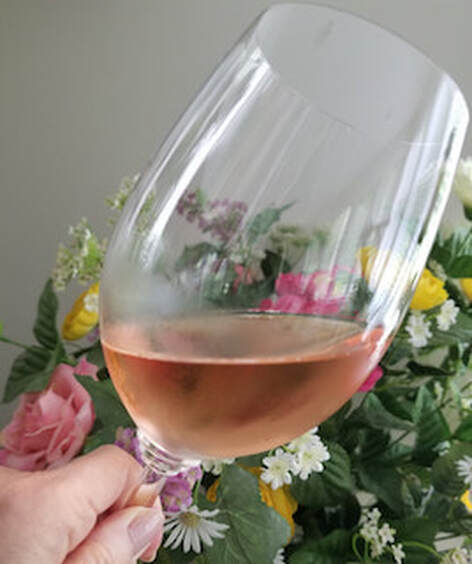
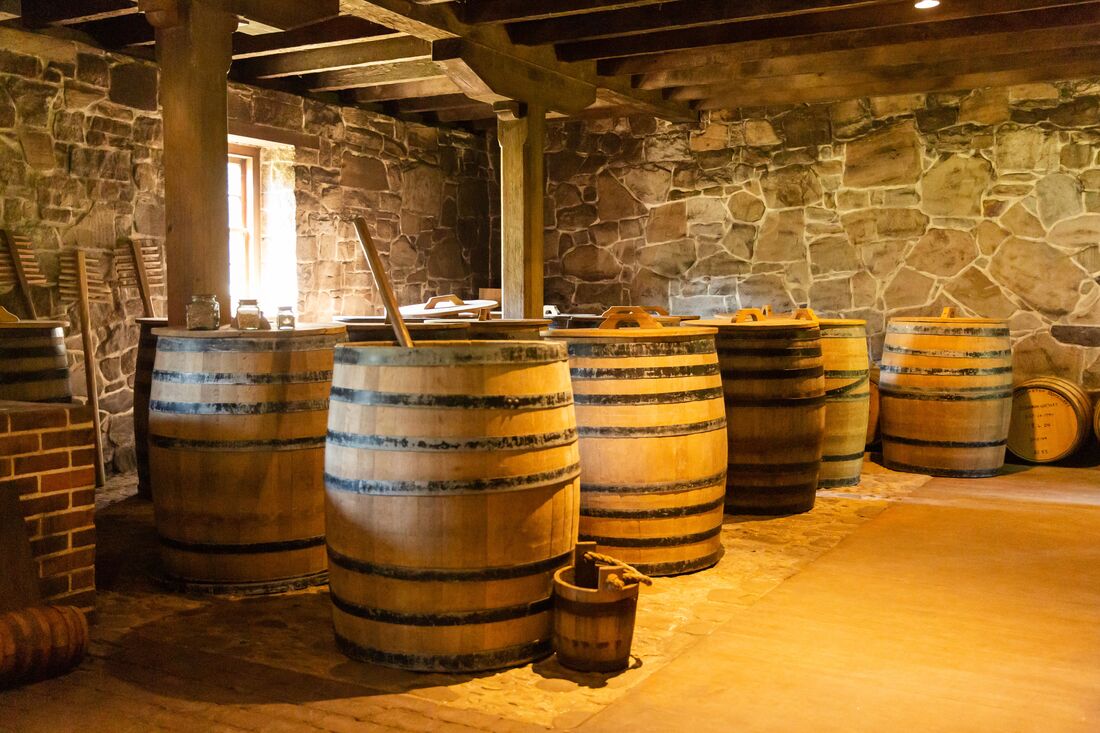
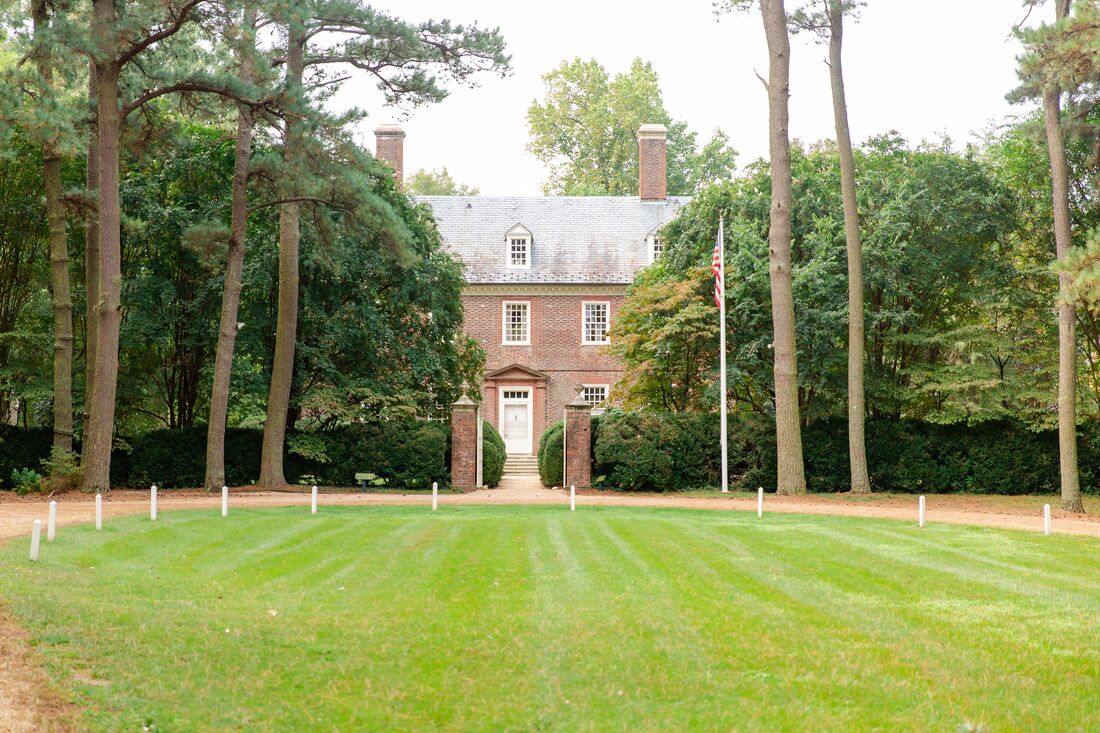
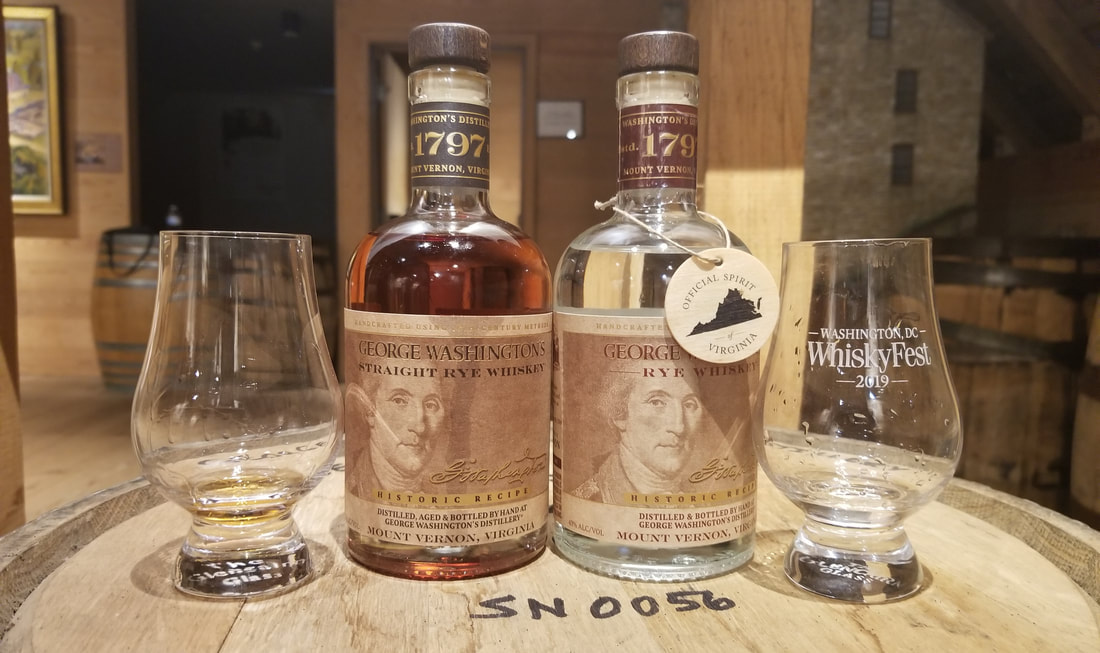
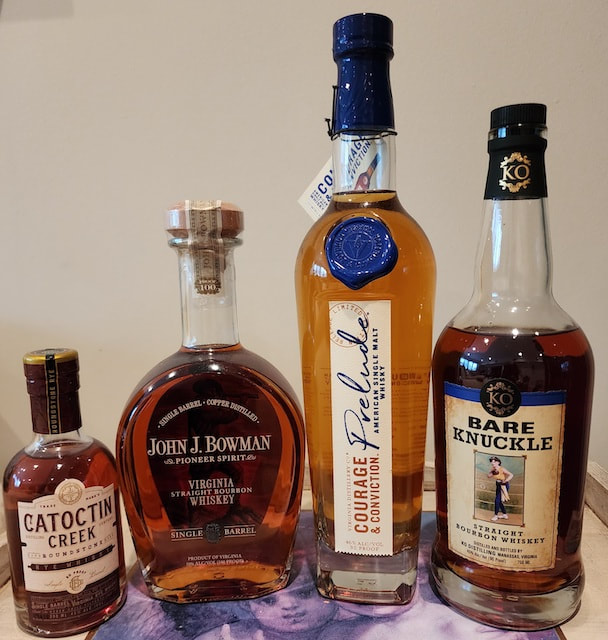
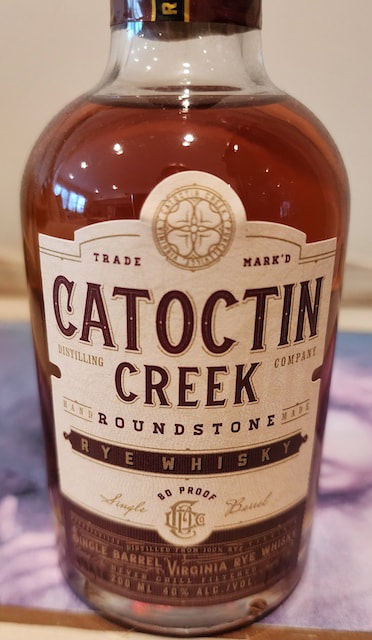
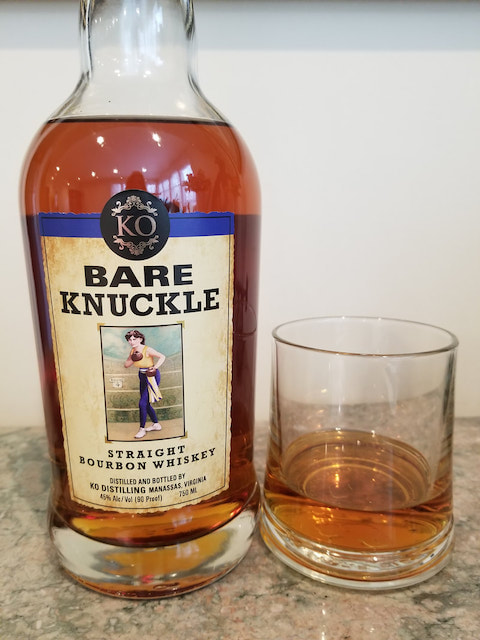
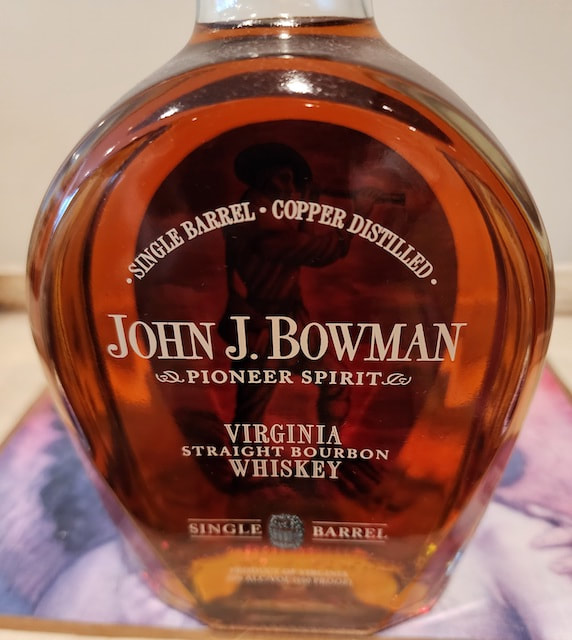
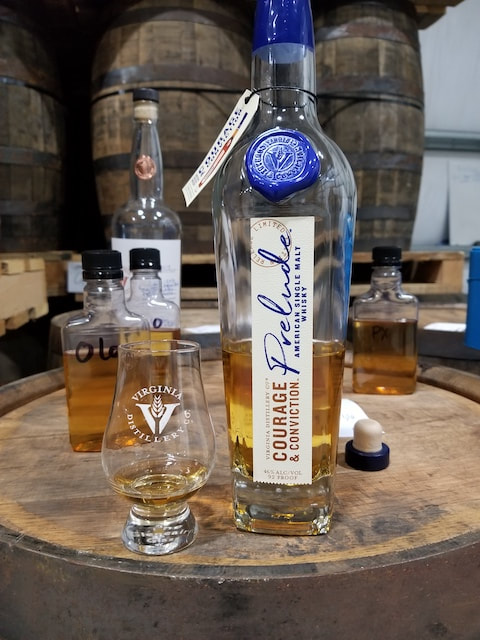
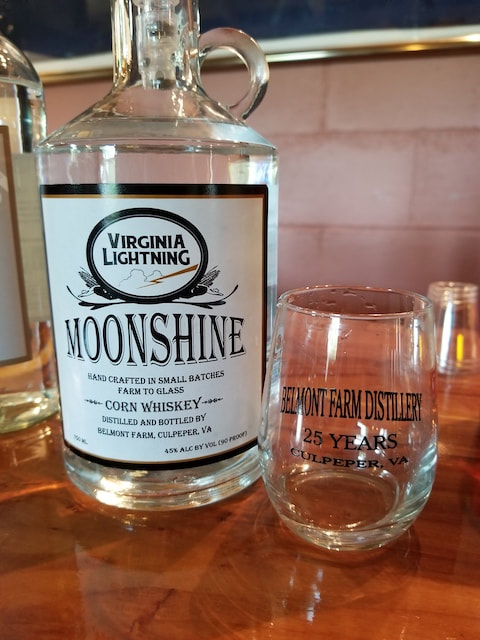
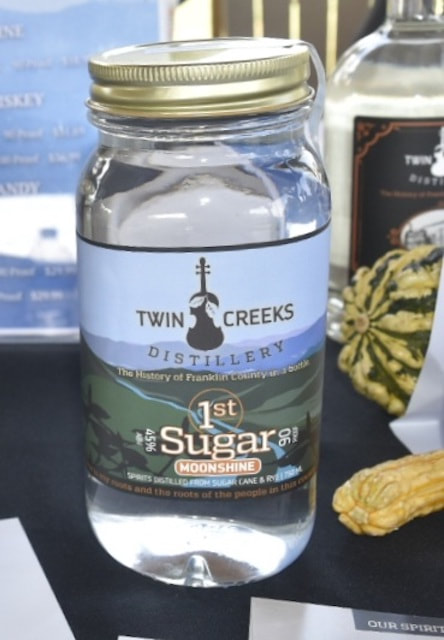

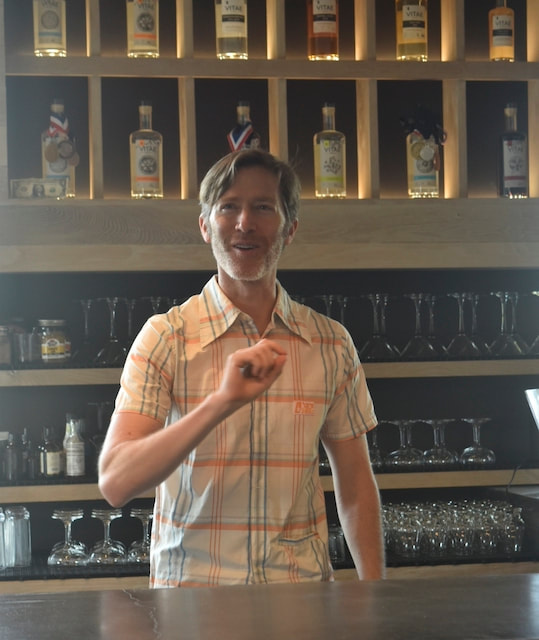
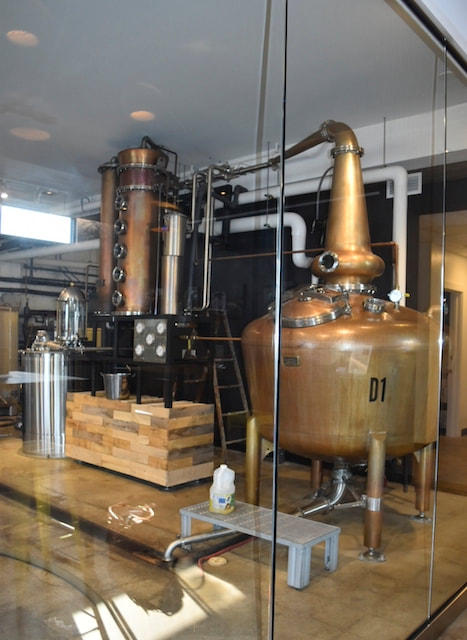

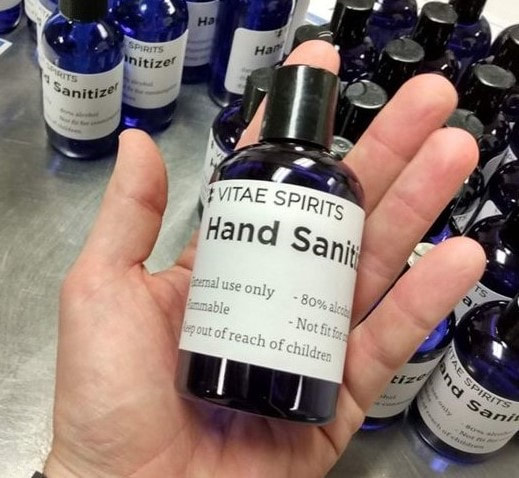
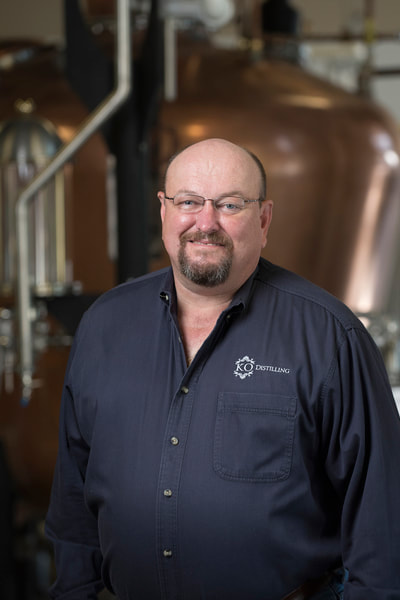
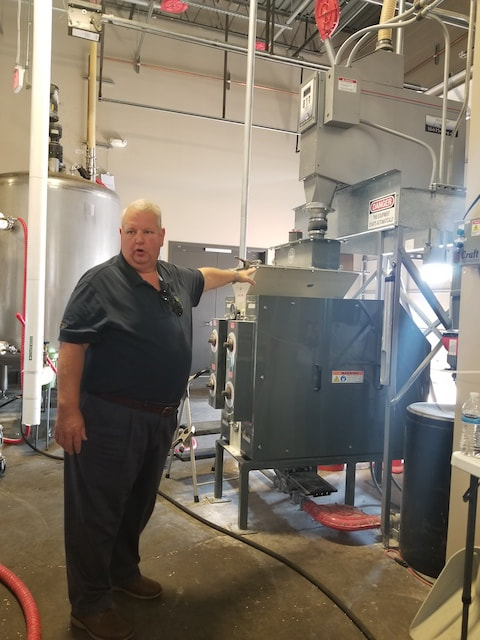
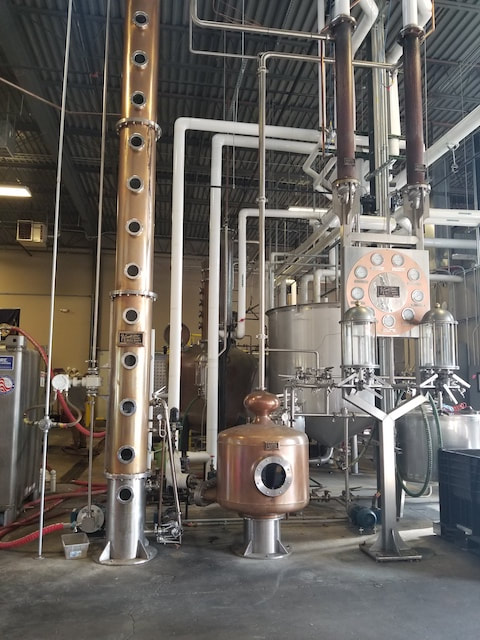
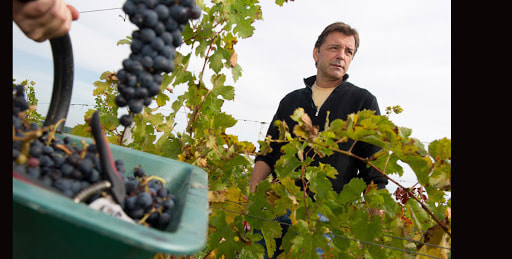
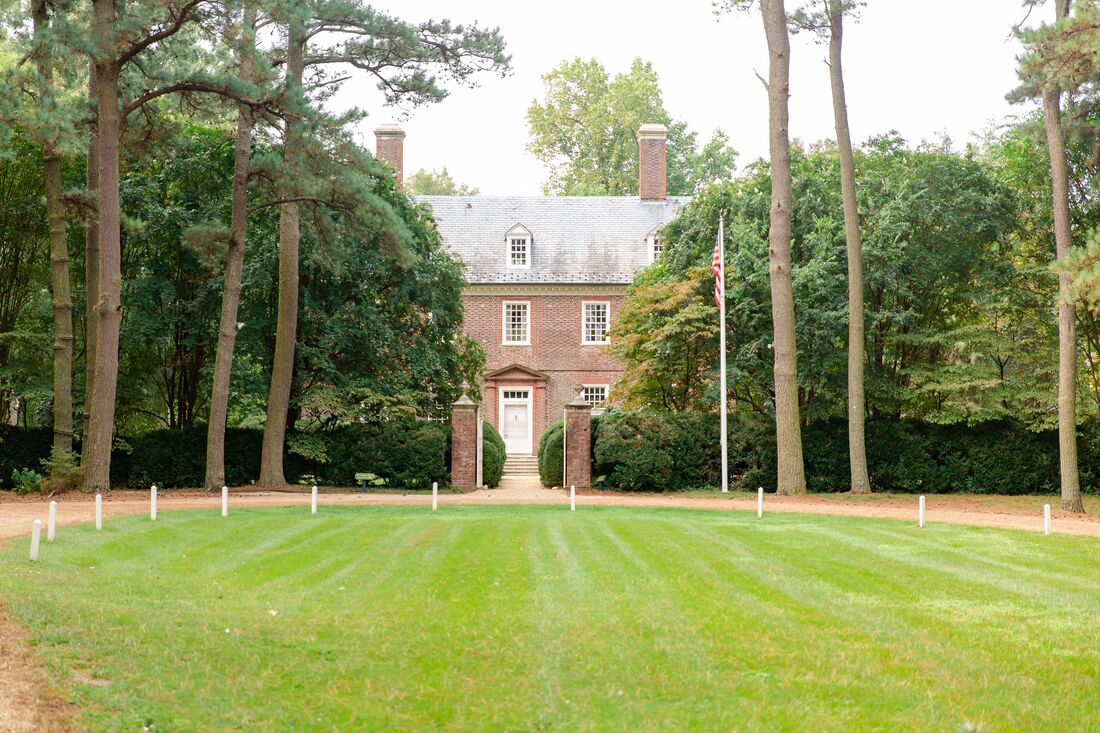
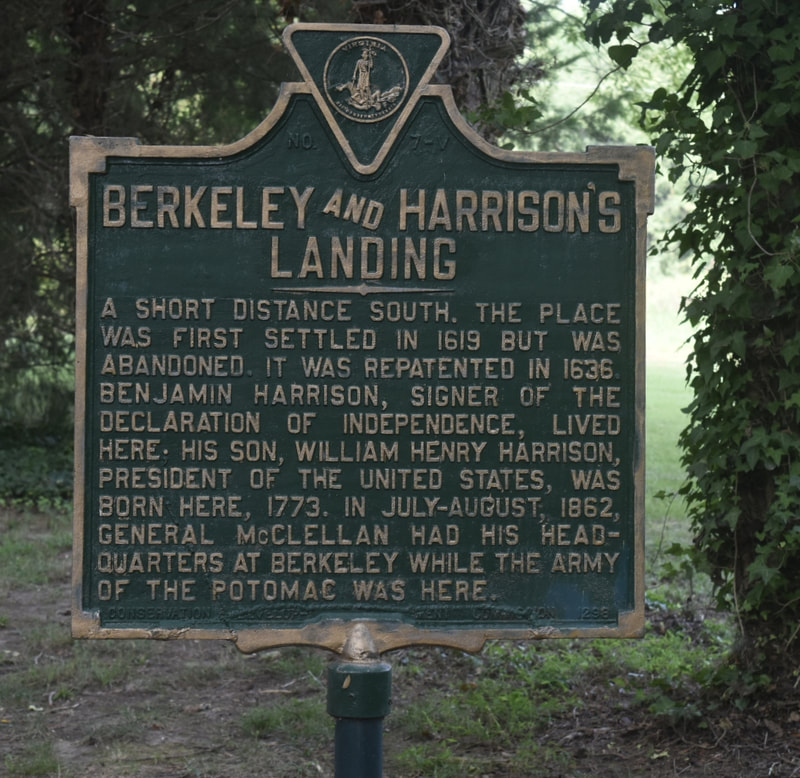
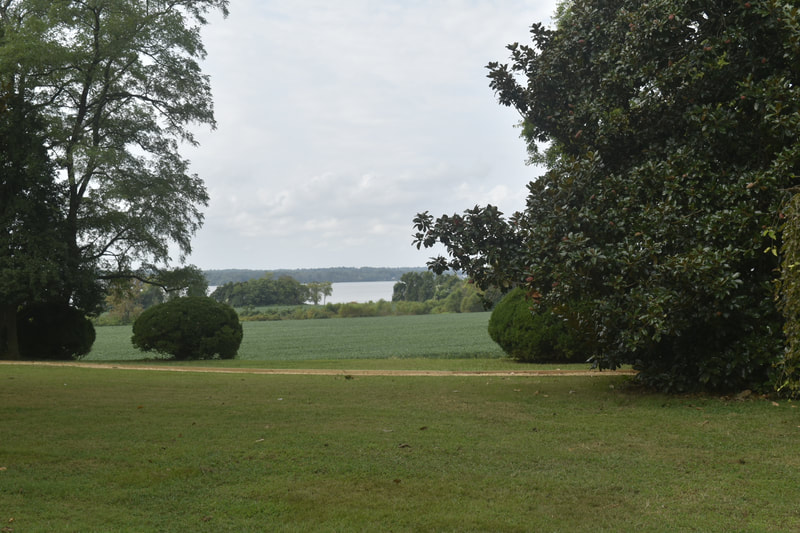
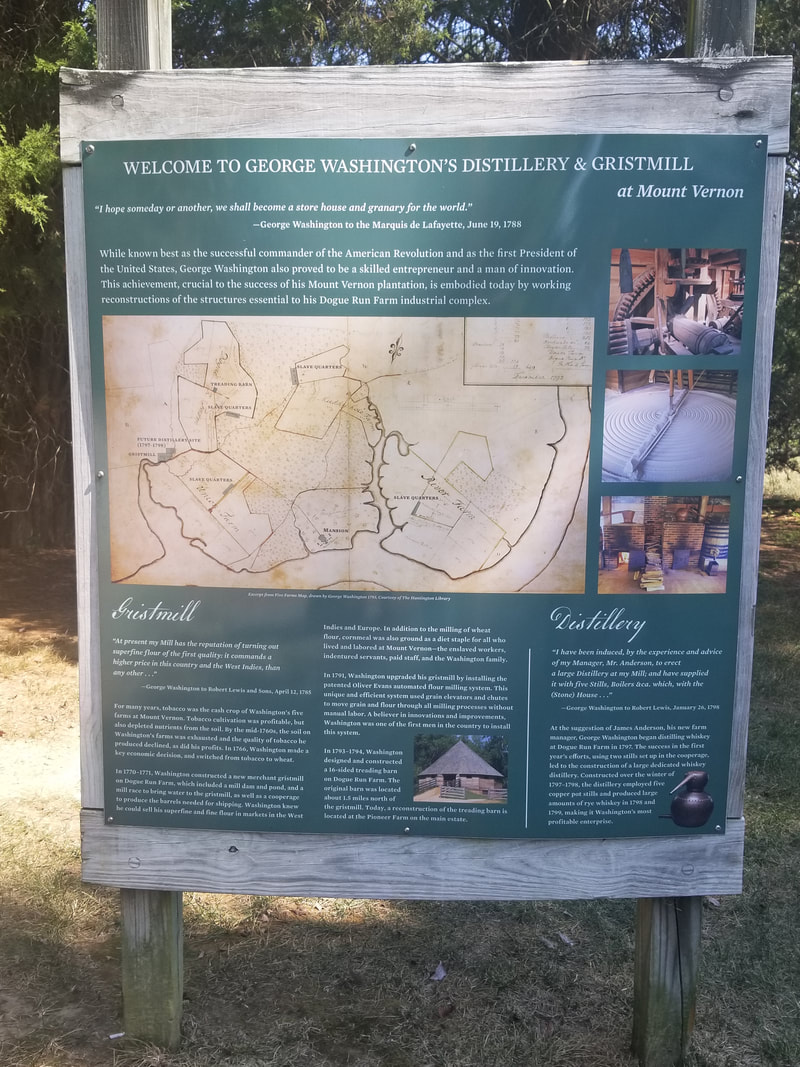
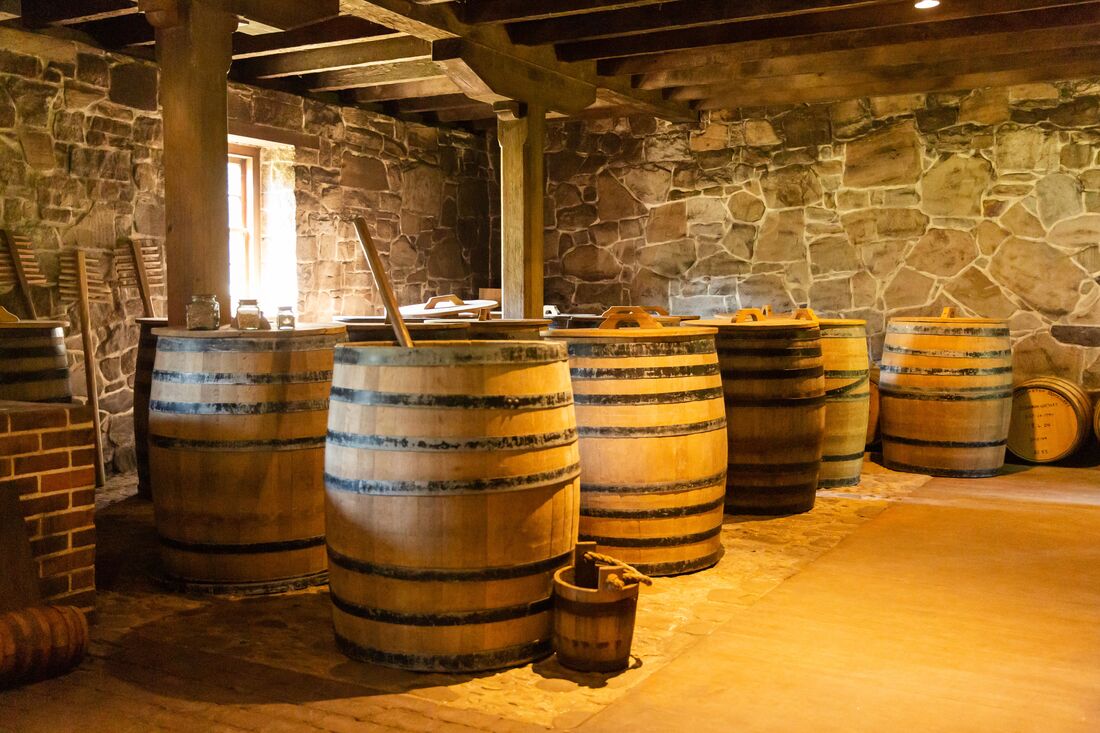
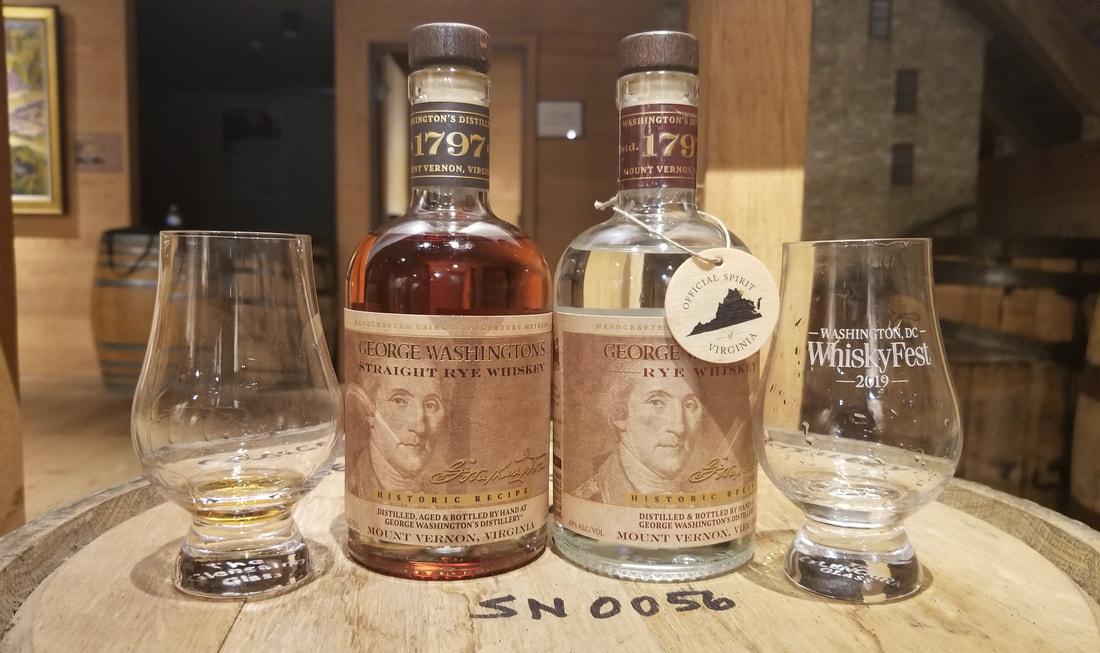
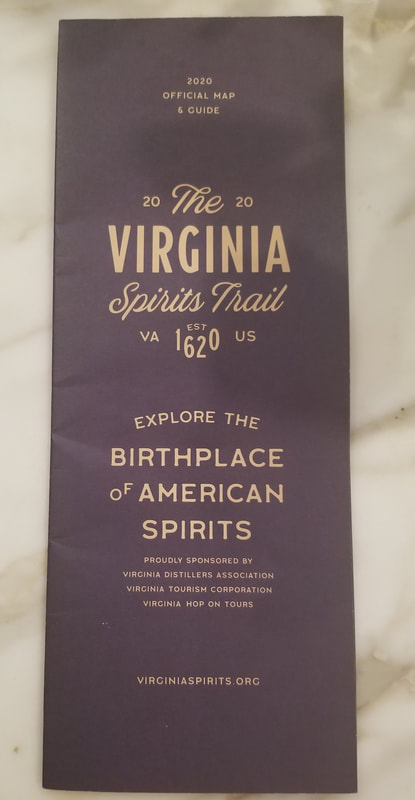
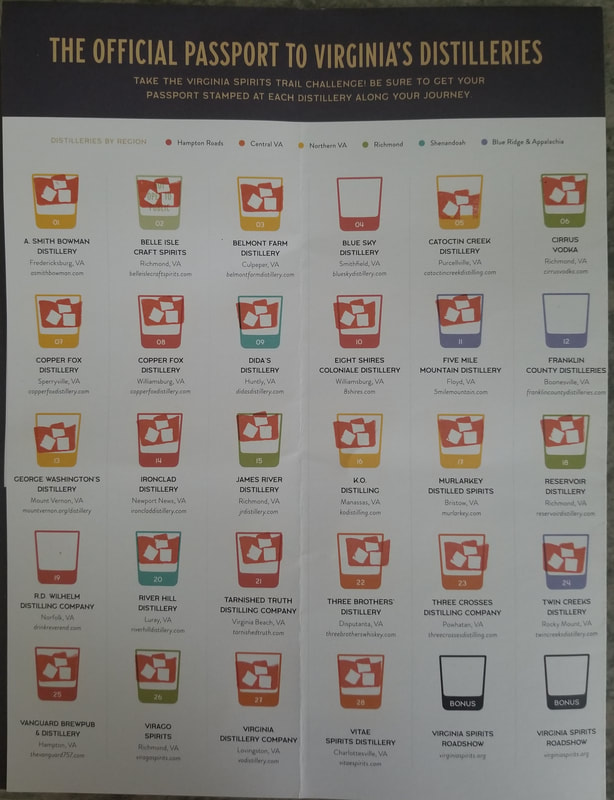
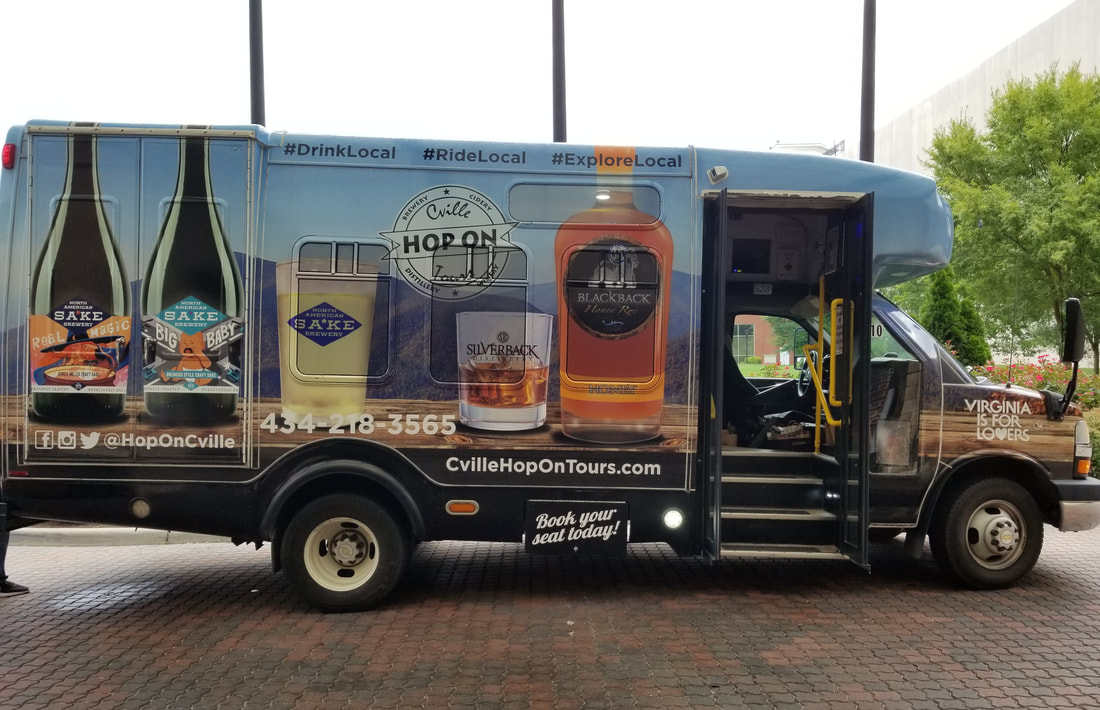
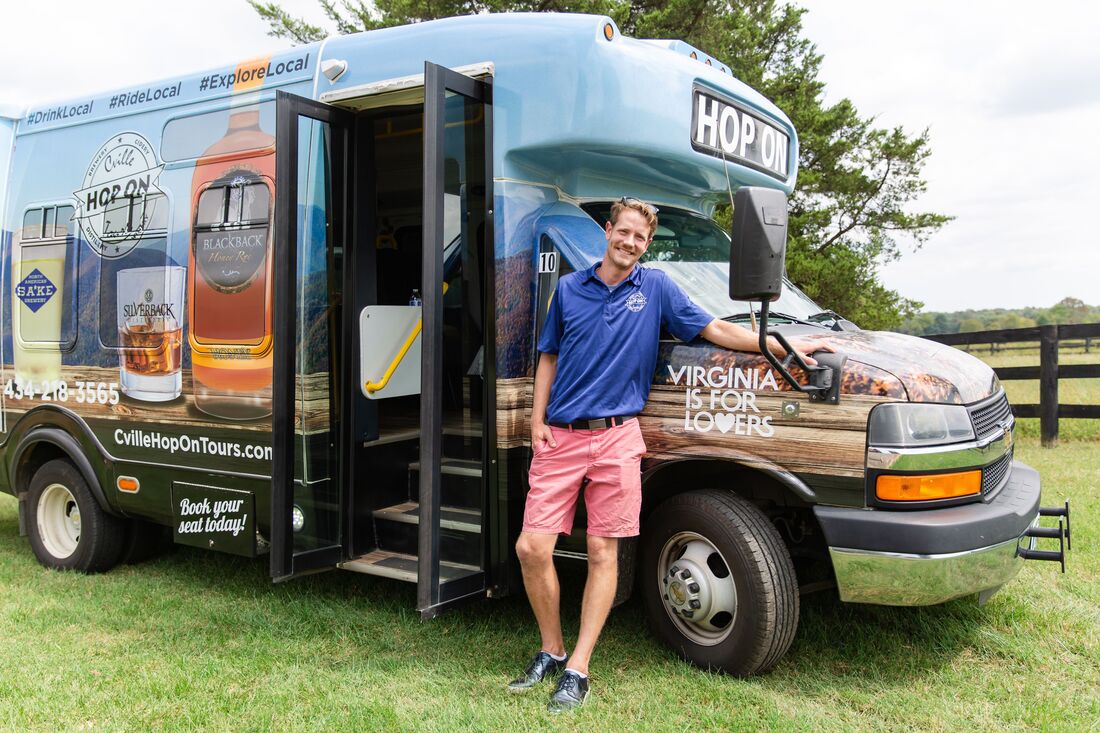
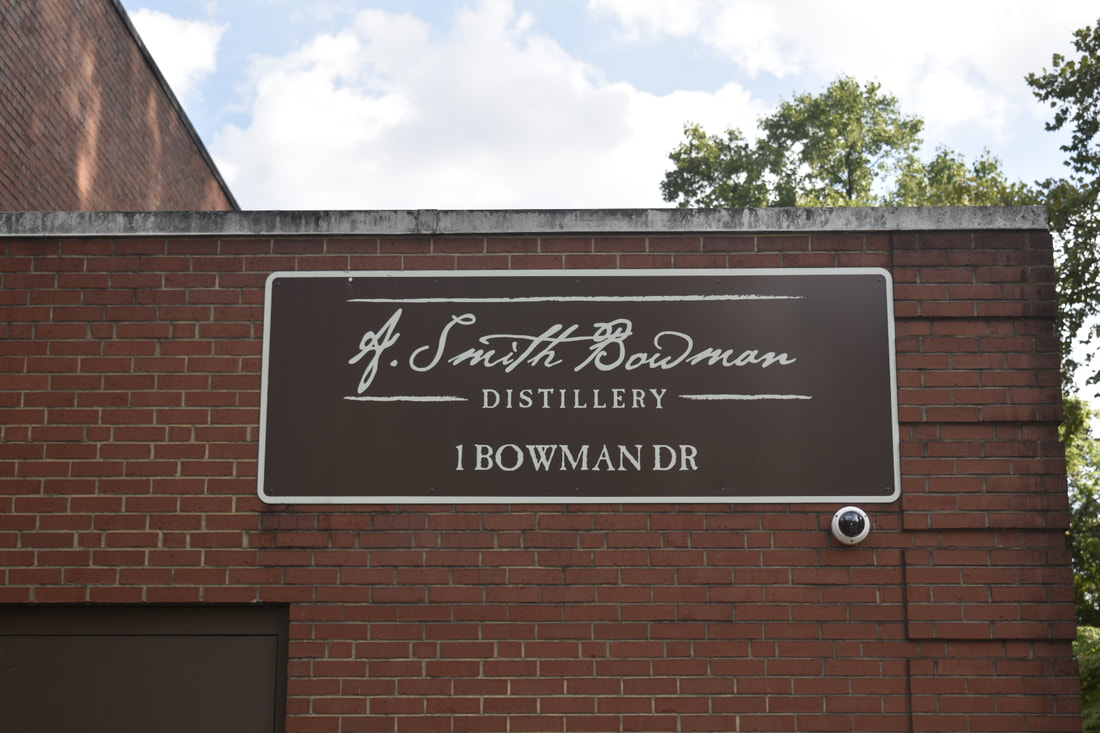
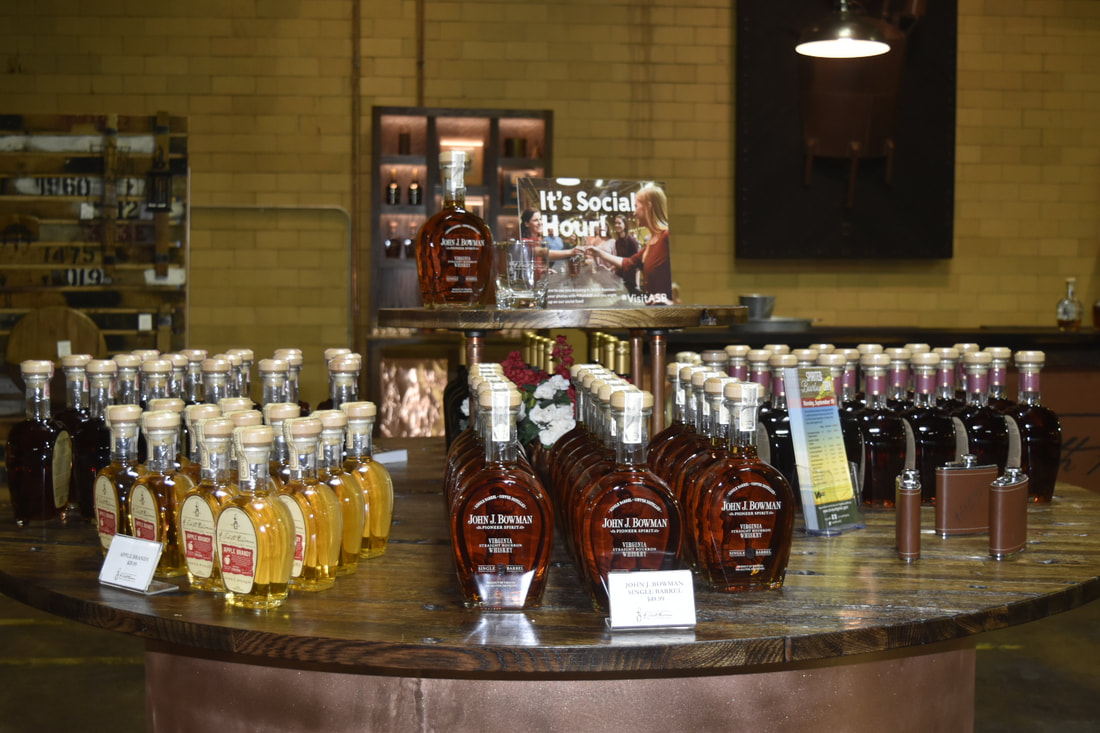
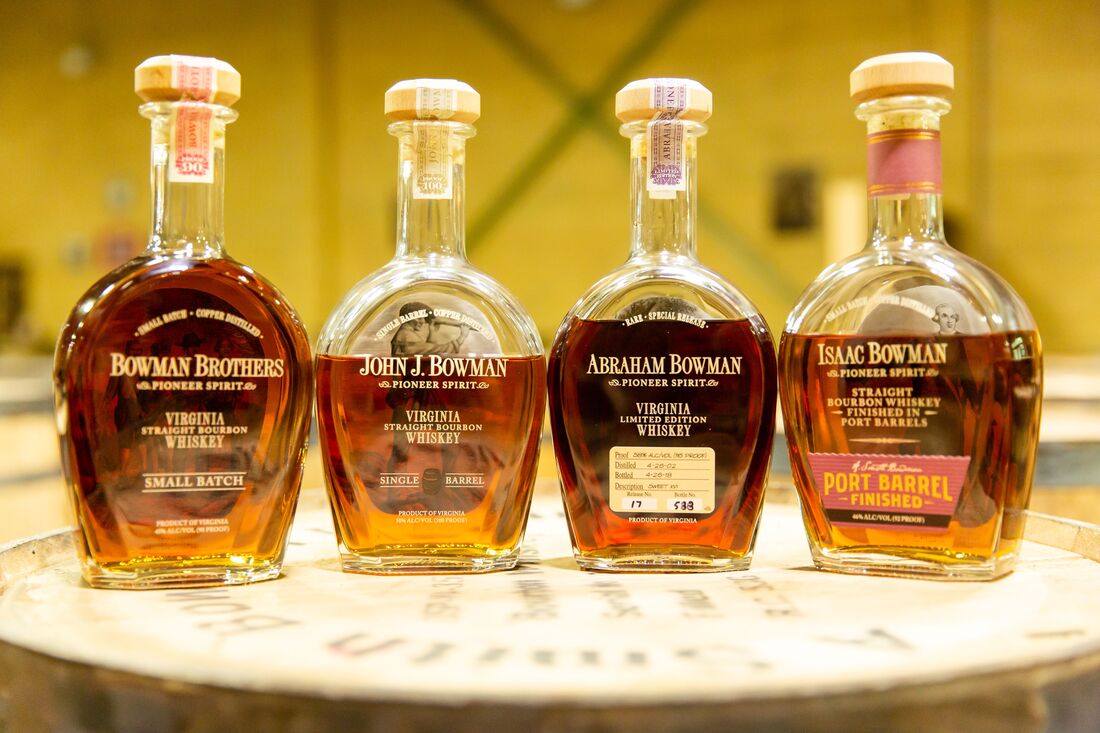
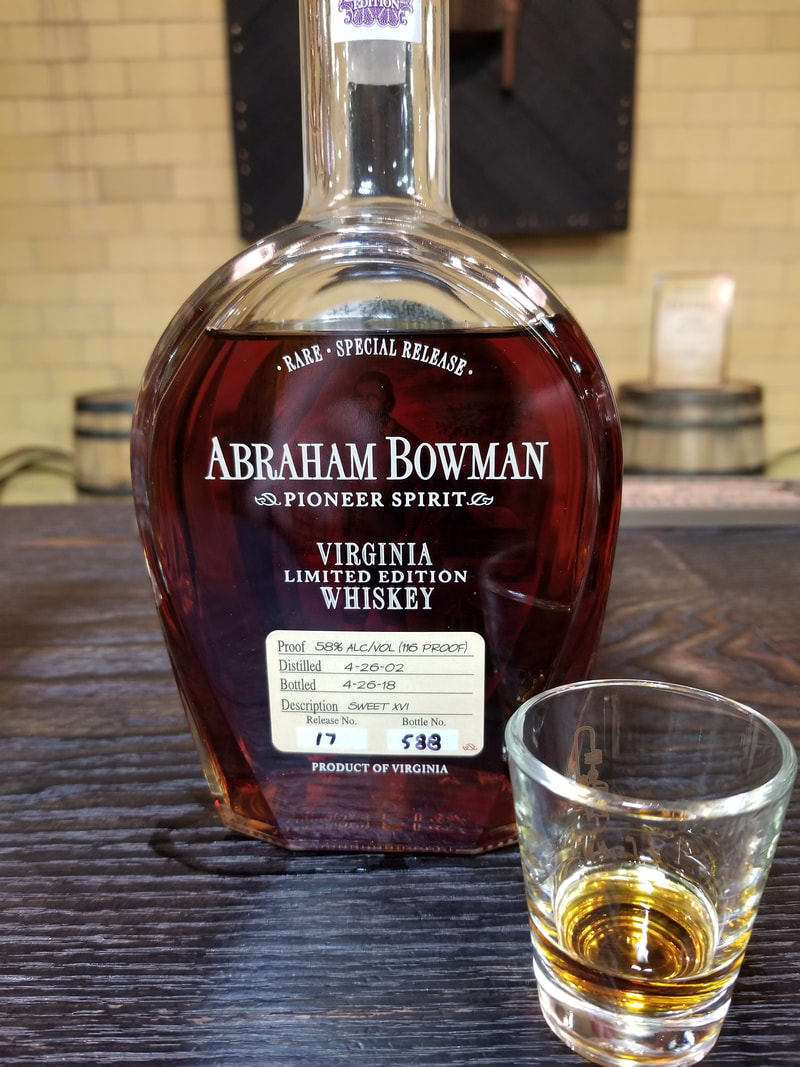
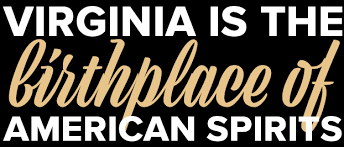
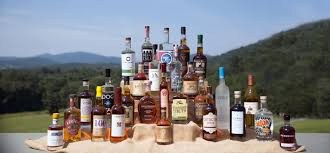

 RSS Feed
RSS Feed